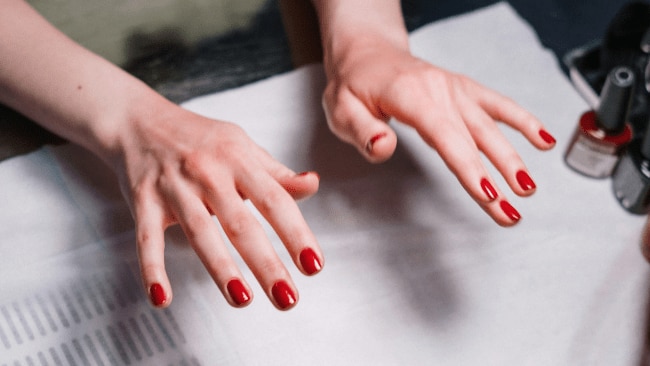Gen Z are more stressed but less likely to access help, according to new data
Social media's both helping and hurting
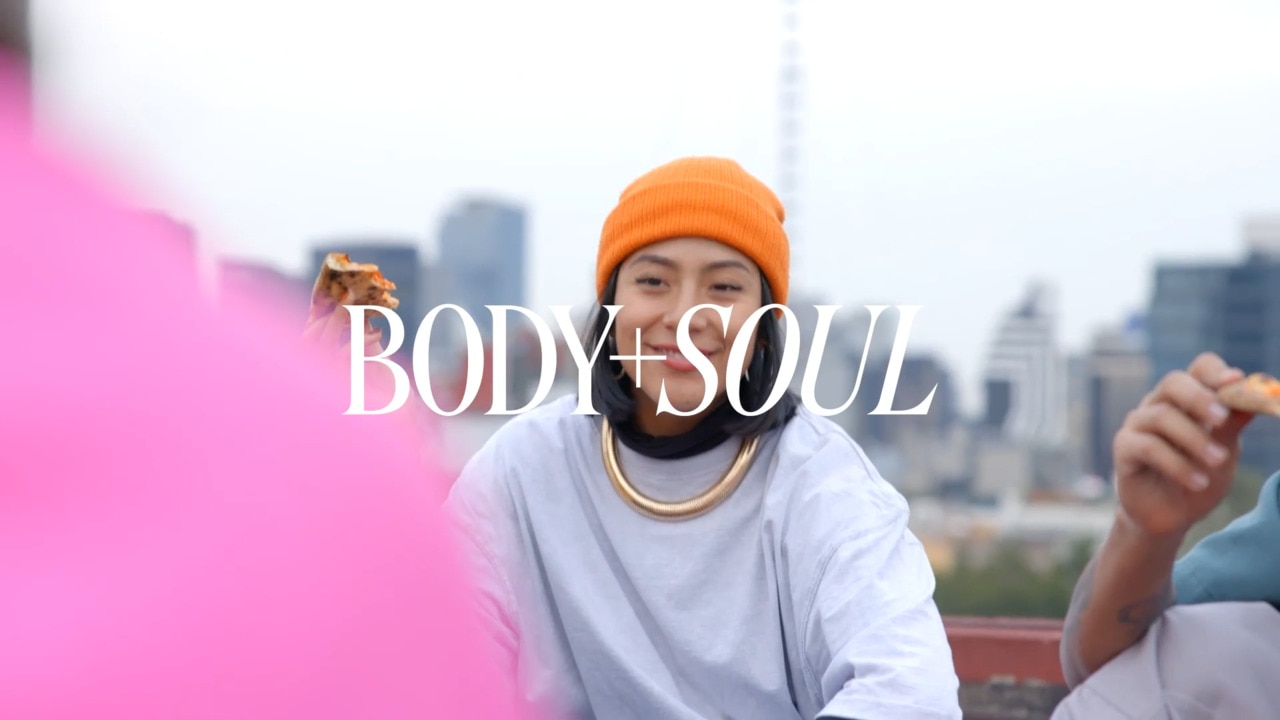
Lifestyle
Don't miss out on the headlines from Lifestyle. Followed categories will be added to My News.
New data from News Australia's The Growth Distillery and Medibank has revealed the state of Australians' mental health. And despite Gen Z appearing to be the most open about mental health, young people are struggling to access support.
One in five Australians experiences a mental health disorder, according to the Australian Government's Institute of Health and Welfare, with rates higher among younger people.
Medibank and The Growth Distillery polled over 2500 people, aged 18 and over, as part of their State of Mind: Australia's Mental Health Conversation report. And the results confirm Gen Z isn’t exactly thriving right now.
82% of respondents said they feel better after discussing their mental wellbeing, yet many, especially younger generations, hesitate to initiate these discussions due to fear of judgment or misunderstanding. And while Gen Z may be perceived as the most emotionally intelligent and mental health-aware generation, young people are not only struggling with their mental wellbeing, but also not accessing help, according to the data.

Young people are dealing with more
We’ve all heard that things were easier when older generations were young, and most people aren’t denying it. A majority of people acknowledge that the youngest generation faces more mental health challenges today than their elders. A such, 39 per cent of Gen Z rate their overall mental health and wellbeing as below average.
Here are some of the biggest stressors Gen Z cite in their lives:

Financial pressure
Financial stress, anxiety, and workplace pressures were flagged as causes of stress across all generations, and 40 per cent of young people said they felt guilty spending their money, and feel they’re behind others financially.
Social media
In a surprise to no one, social media really isn’t helping them either. Having lived more of their lives online than any other generation, the comparison game fuelled by the apps is really getting to young people.
They’re reporting feeling lost, directionless or lacking in purpose as they value personal achievements and milestones more than older people.
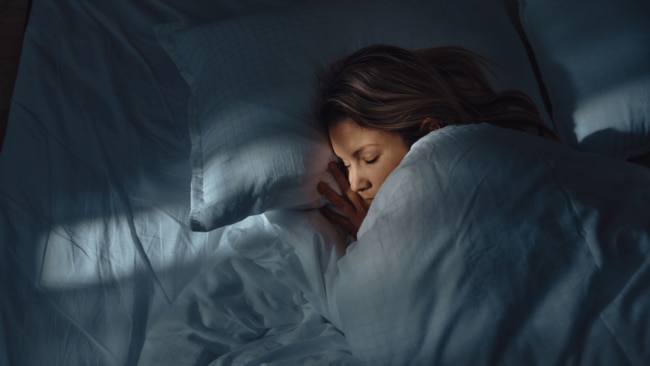
Close to a third of the 18-28 year old participants reported they doomscrolled, and felt more daily stress, anxiety and self-comparison as a result of social media. One in four also felt an increased sense of loneliness.
Coping mechanisms
Adding to this feeling of loneliness, 23 per cent of Gen Z reported they withdraw from social situations when they’re stressed, and 24 per cent stay in bed.
Another 24 per cent said they also try to distract themselves as a means of dealing with their stress by watching TV or engaging with hobbies.
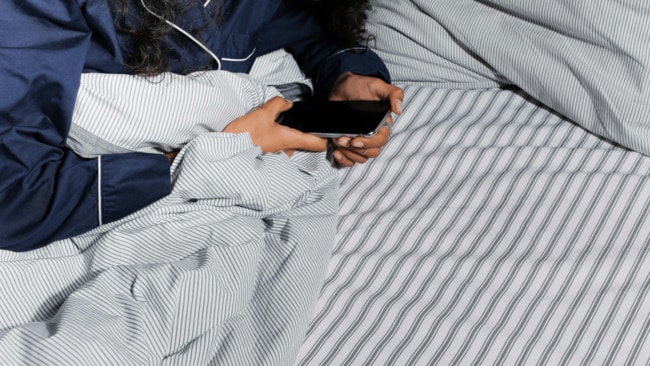
Seeking support
So young people have a lot on their plate. But how do they go with asking for help? The youngest generation of adults can identify symptoms of poor mental wellbeing better than older generations, yet are the least confident in managing their mental wellbeing, feeling underinformed and struggling to access professional support.
Whether a result of not having the resources to access mental healthcare, or an aversion to it, young people are twice as likely as older generations not to seek help even if they want to.
Gen Z are, however, using Instagram and TikTok to access information on mental wellbeing – for better or for worse.

Worry about judgement
No matter their age, Australians’ greatest barriers to seeking mental support are fear of being judged, dismissed, or a burden to others – but young people in particular are struggling.
35 per cent of Gen Z report finding it hard to express their feelings, while another 30 per cent fear their concerns aren’t taken seriously.
As they are in the early days of their careers, 60 per cent of them also said they wouldn’t feel comfortable taking a mental health day from work when they need one.

Missing support from older generations
While they said talking about their mental health concerns does make them feel validated and less anxious, many of the 18-28 year olds said they struggle to talk to older generations about relationships and stress. 68 per cent instead talk to their partners about their mental wellbeing at least once a week.
39 per cent do discuss their mental health with their parents each week, but sadly 41 per cent said this has led to negative experiences for them.
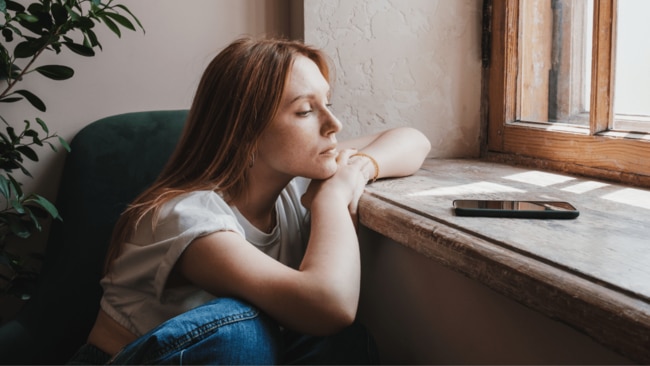
Even though they’re more aware of the signs of deteriorating mental wellbeing and find comfort in sharing their concerns with others, 31 per cent of the youngest adult generation said they felt underprepared to help someone who wants to discuss their mental health with them, 41 per cent of whom feel as though they don’t know enough about the topic.
With more young people seeking mental health support from friends, partners, social media, and even AI chatbots, as waitlists and high costs keep psychologist appointments out of reach for many, it’s no wonder Gen Z aren’t rating their mental wellbeing too highly.
Mental health professionals are available 24/7 at the beyondblue Support Service – 1300 22 46 36 or via beyondblue.org.au/get-support for online chat (3pm-12am AEST) or email response.
More Coverage
Originally published as Gen Z are more stressed but less likely to access help, according to new data





